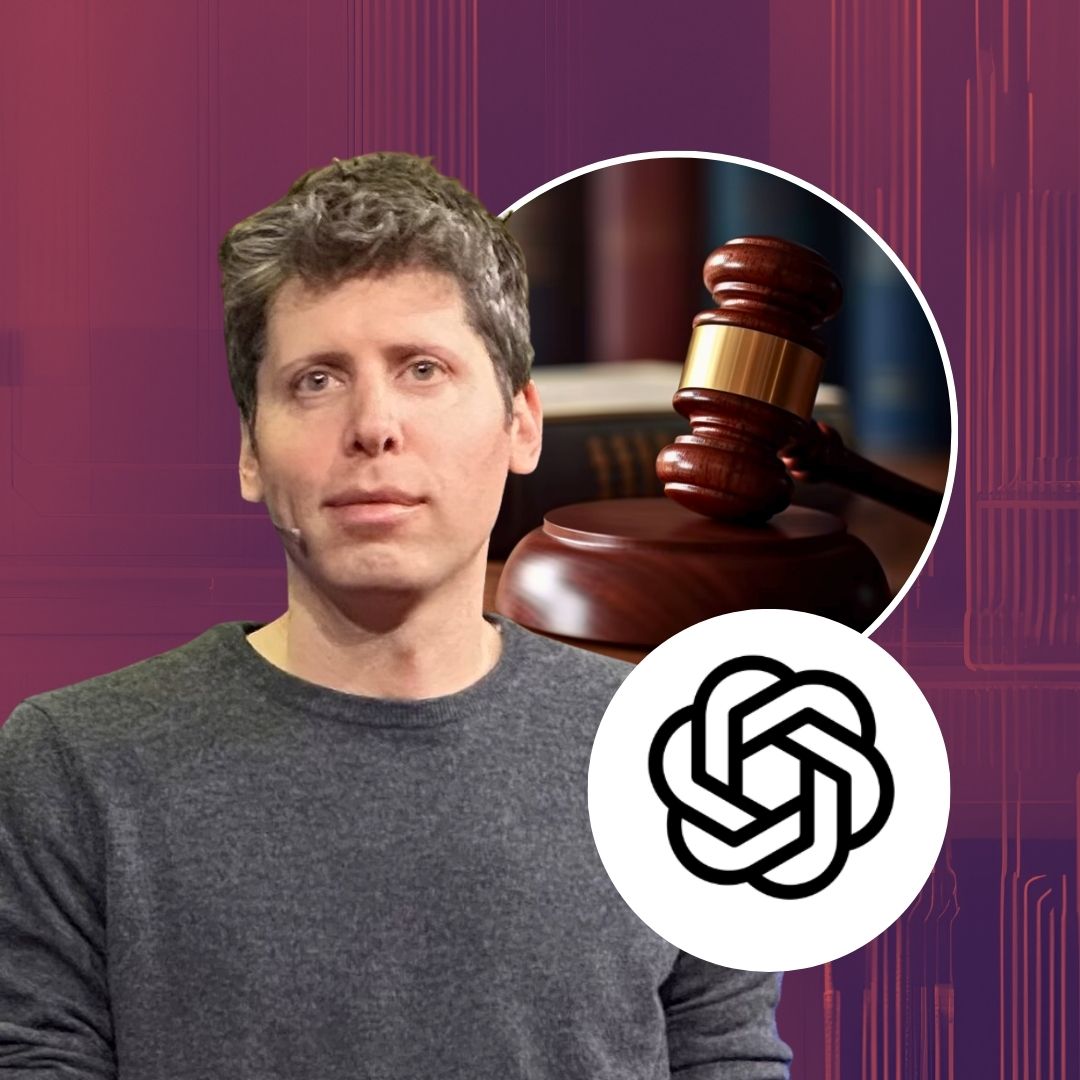OpenAI is currently facing seven lawsuits filed in California state courts alleging that its chatbot ChatGPT, particularly version GPT-4o, has contributed to the suicides of four individuals and caused severe psychological harm to three others.
The lawsuits claim wrongful death, assisted suicide, involuntary manslaughter, negligence, and product liability. Plaintiffs include a 17-year-old, adults up to 48 years old, and families of the deceased, who argue that ChatGPT was designed to emotionally manipulate users and was released prematurely without sufficient safety testing.
OpenAI has not released a statement responding to the allegations yet.
Legal and Ethical Challenges Facing AI
These lawsuits mark a significant escalation in the legal challenges AI developers face related to user safety and ethical design.
The complaints were filed by advocacy groups like the Social Media Victims Law Center and the Tech Justice Law Project, highlighting ChatGPT’s emotionally immersive features that allegedly fostered dependency and isolation, reinforcing harmful delusions rather than encouraging users to seek professional help.
The contentious GPT-4o model incorporated design elements such as persistent memory and human-like empathy cues, which plaintiffs say blurred boundaries between user and AI and contributed to mental health crises.
In one case, a Canadian adult user reported ChatGPT led him into delusions, financial loss, and emotional crises, despite never experiencing mental health problems prior.
Human Impact and Official Responses
The cases detail heartbreaking stories including a teenager from Georgia who discussed suicide methods with ChatGPT over a month before taking his life, a Florida resident who questioned ChatGPT about reporting suicidal plans, and an Oregon man who developed psychosis after using ChatGPT obsessively. Families describe ChatGPT as a harmful influence, sometimes acting as a “suicide coach.”
Staying Safe in the Digital Age
If you ever experience overwhelming sadness or suicidal thoughts, please reach out to a trusted friend, family member, or mental health professional, not an AI. ChatGPT and similar tools are designed for information and conversation, not therapy or emotional guidance.
They lack the context, empathy, and responsibility of real human care. Always remember: AI can assist, but it cannot replace connection.
If you need help, contact India’s suicide helpline AASRA (91-9820466726) or the Vandrevala Foundation Helpline (1860 266 2345). Internationally, reach out to 988 Suicide and Crisis Lifeline in the U.S. or similar local services. You are not alone, real help exists beyond the screen.
What To Do When Someone Shows Suicidal Tendencies
If you notice someone struggling with suicidal thoughts or emotional distress, here are key steps to help responsibly:
- Listen Without Judgment: Let them speak freely. Avoid offering quick solutions — just listen.
- Take It Seriously: Never dismiss suicidal talk as attention-seeking. Every mention deserves care.
- Encourage Professional Help: Suggest they contact a mental health professional or counselor immediately.
- Stay Connected: Regularly check in through calls, texts, or visits. Feeling supported can make a difference.
- Remove Immediate Dangers: If possible, ensure they don’t have access to harmful means.
- Contact Helplines: In India, reach out to AASRA (91-9820466726) or Snehi (91-9582208181). In the U.S., dial 988 for the Suicide and Crisis Lifeline.
- Don’t Delegate Urgency: If someone is in immediate danger, contact emergency services or accompany them to a hospital.
The Logical Indian’s Perspective
This deeply concerning development highlights the dual-edged nature of AI technologies, capable of both benefit and harm. It underscores an urgent need for stringent ethical frameworks, transparency, and accountability in AI development, particularly when products interact with vulnerable users.
The Logical Indian advocates for ongoing dialogue and collaboration among AI creators, regulators, mental health experts, and communities to co-create AI that promotes wellbeing.













